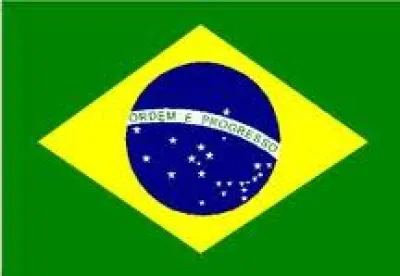Since 2008, Brazilian patent law has provided for the prioritized examination of patent applications when:
1. An applicant can show:
a. He or she is over sixty (60) years in age;
b. Actual infringement of the claims of his or her patent application by a third party; or
c. The grant of a patent is a condition for obtaining financial or venture funding.
2. A third party is accused of infringing the claims of a patent application by the applicant.
On April 9, 2013, the Brazilian Patent and Trademark Office (INPI) published Resolution No. 80/2013 enacting new rules expanding the types of patent applications for which prioritized examination can be requested. Specifically, prioritized examination can be requested for patent applications that claim:
1. Pharmaceutical products;
2. Pharmaceutical processes; and
3. Devices and equipment related to public health.
Under these new rules, prioritized examination can be requested by:
1. The applicant;
2. An interested third party if the application relates to the diagnostic, prophylaxis or treatment of AIDS/HIV, cancer or neglected diseases (Chagas, Dengue, Schistosomiasis, Hanseniase, Leishmaniasis, Malaria, Tuberculosis, Buruli ulcer, Neurocysticercosis, Echinocccosis, Yaws, Fascioliasis, Paragonimiasis, Filariasis, Rabies, Helminthiasis or manifestations that result from poisonous or venomous animals); or
3. The Ministry of Health (if the application claims a product or process that is considered to be strategic to the public healthcare system (SUS)).
Under the regulations, it is believed that a competitor would qualify as an “interested third party”. However, it is unclear whether a non-government organization (NGO) or an HIV patient group would qualify as an “interested third party”.
Prioritized examination can be requested by after:
1. Publication of the patent application in the Electronic Official Gazette (which typically occurs after 18 months after filing (unless requested earlier by the Applicant (although requests for earlier publication are rarely successful)); and
2. Filing a request for technical examination.
A request for prioritized examination is made by completing and filing a Prioritized Examination Request Form (FQ-009). Presently, there is no fee associated with the filing of a request for prioritized examination.
Once a request for prioritized examination is filed with INPI, the request will be analyzed by the Committee for Prioritized Examination. The grant or denial of any request for prioritized examination will be published in the Electronic Official Gazette.
If a request for prioritized examination is granted, the application will be reviewed by a specialized group of Examiners. This “specialized” group of Examiners is a new group within INPI and time will tell how examination by this group of Examiners compares with examination performed by the regular examining pool.
Given the scope of ANVISA’s role in reviewing pharmaceutical patent applications, we suspect that a patent application successfully prioritized under these new Regulations will be sent to ANVISA almost immediately after filing with examination occurring a few weeks thereafter. However, time will tell just how quickly ANVISA will examine applications granted prioritized status.
Thanks to the Dannemann Siemsen firm for providing their insights to the BRIC Wall on this new Resolution.




 />i
/>i

